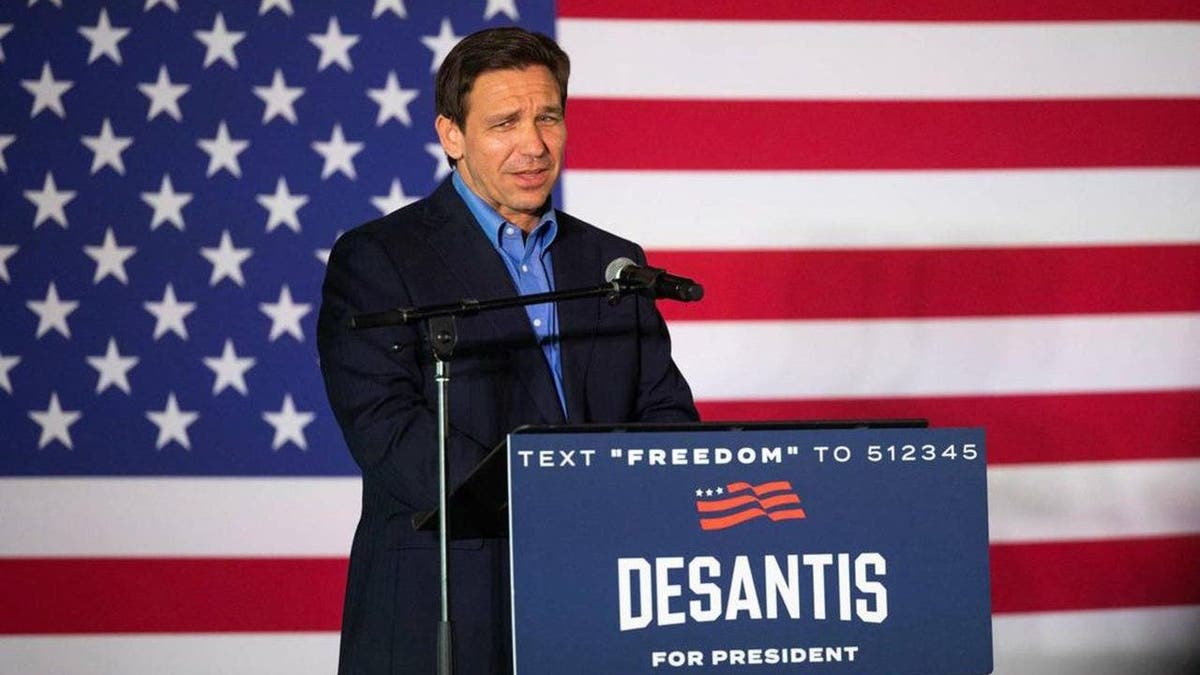Governor Ron DeSantis of Florida has formed a nationwide coalition of 90 sheriffs to tackle the repercussions of the border crisis. The coalition, comprising sheriffs from various states including Florida, California, Colorado, and others, criticizes the federal government's border security efforts. They point to the high number of migrant encounters in fiscal years 2022 and 2023 as evidence of this failure. The sheriffs express gratitude for Florida's acknowledgment of the border crisis and their collaboration with the state to restore order. They highlight the escalating drug trafficking and gang activity facilitated by cartels, emphasizing the strain on local law enforcement.

The sheriffs commend DeSantis for establishing an anti-smuggling task force, deploying law enforcement personnel to the border, and implementing a program to relocate undocumented immigrants to sanctuary cities. They lament the burden placed on border states due to the federal government's perceived inaction and express their commitment to collaborating with Florida to ensure the safety of their communities. Furthermore, they urge other law enforcement agencies to join their efforts.
DeSantis, in a statement, emphasizes the nationwide impact of illegal immigration, citing the rise in fentanyl trafficking and violent crime. He expresses pride in collaborating with law enforcement leaders to address this national issue. This coalition represents DeSantis's latest action concerning the border crisis, including deploying resources, visiting the border, and participating in discussions with sheriffs. As a presidential candidate, DeSantis has pledged to secure the border, declare a national emergency, continue border wall construction, and reinstate the "Remain-in-Mexico" policy. He also recently signed a comprehensive immigration bill in Florida that mandates E-Verify, strengthens penalties for smuggling, and prohibits local governments from issuing IDs to undocumented individuals.

Republicans have criticized the Biden administration's handling of the border crisis, attributing the surge in illegal immigration to the rollback of stricter immigration policies. The administration, however, maintains that it is reconstructing a damaged asylum system and points to a recent decrease in migrant encounters after the end of Title 42. Despite this decrease, recent figures still indicate a substantial number of encounters in May.
Comments(0)
Top Comments